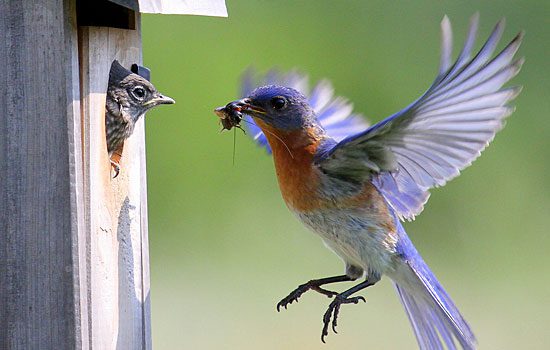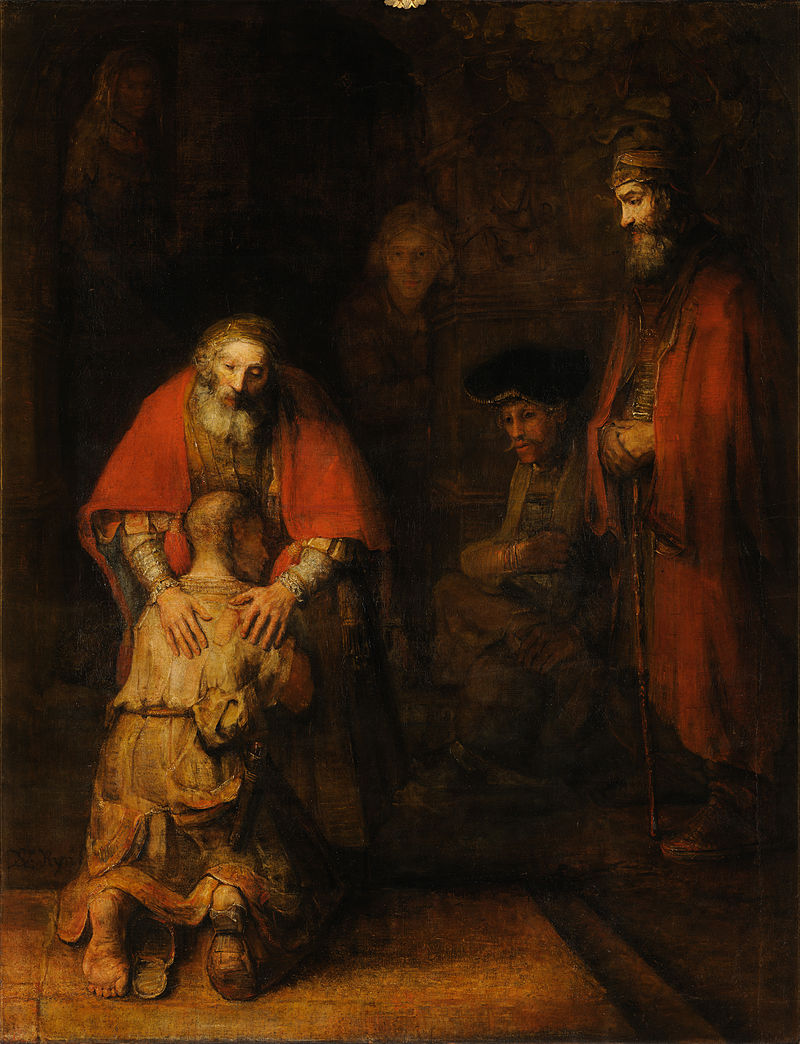 |
| Pisgah National Forest Headwaters of the French Broad |
Here is a hymn that captures the the trauma and release experienced by Jesus as he entered the woods and meditated before he faced his enemies.
In our own ways we enter the woods with our concerns and find comfort and strength.
This performance combines two Hymns. After the first verse of "Into the Woods" the choir sings "Tis Midnight and On Olive's Brow" before singing the second verse of "Into the Woods."
Click on yellow link to listen to hymn.
"Tis midnight, and on Olive's brow
The star is dimmed that lately shone;
'Tis midnight in the garden now,
The suff'ring Savior prays alone.
'Tis midnight, and from all removed,
The Savior wrestles lone with fears-
E'en that disciple whom He loved
Heeds not his Master's grief and tears.
'Tis midnight, and for other's guilt
The Man of Sorrows weeps in blood;
Yet He that hath in anguish knelt
Is not forsaken by His God.
'Tis midnight, and from heavenly plains
Is borne the song that angels know
Unheard by mortals are the strains
That sweetly soothe the Savior's woe."
In our own ways we enter the woods with our concerns and find comfort and strength.
This performance combines two Hymns. After the first verse of "Into the Woods" the choir sings "Tis Midnight and On Olive's Brow" before singing the second verse of "Into the Woods."
Click on yellow link to listen to hymn.
by Sidney Lanier, 1842 - 1881
"Into the woods my Master went,
Clean forspent, forspent.
Into the woods my Master came,
Forspent with love and shame.
But the olives they were not blind to Him,
The little gray leaves were kind to Him:
The thorn-tree had a mind to Him
When into the woods He came.
Out of the woods my Master went,
And He was well content.
Out of the woods my Master came,
Content with death and shame.
When Death and Shame would woo Him last,
From under the trees they drew Him last:
'Twas on a tree they slew Him--last
When out of the woods He came."
Tis midnight and on Olive's brow
by William B Tappan, 1794-1849
"Tis midnight, and on Olive's brow
The star is dimmed that lately shone;
'Tis midnight in the garden now,
The suff'ring Savior prays alone.
'Tis midnight, and from all removed,
The Savior wrestles lone with fears-
E'en that disciple whom He loved
Heeds not his Master's grief and tears.
'Tis midnight, and for other's guilt
The Man of Sorrows weeps in blood;
Yet He that hath in anguish knelt
Is not forsaken by His God.
'Tis midnight, and from heavenly plains
Is borne the song that angels know
Unheard by mortals are the strains
That sweetly soothe the Savior's woe."








